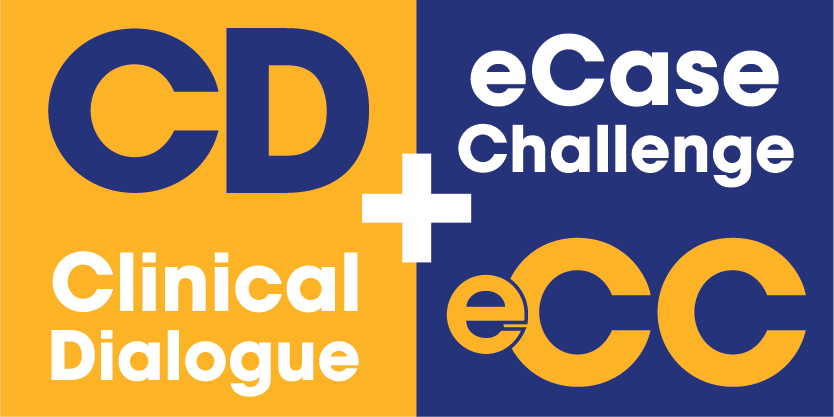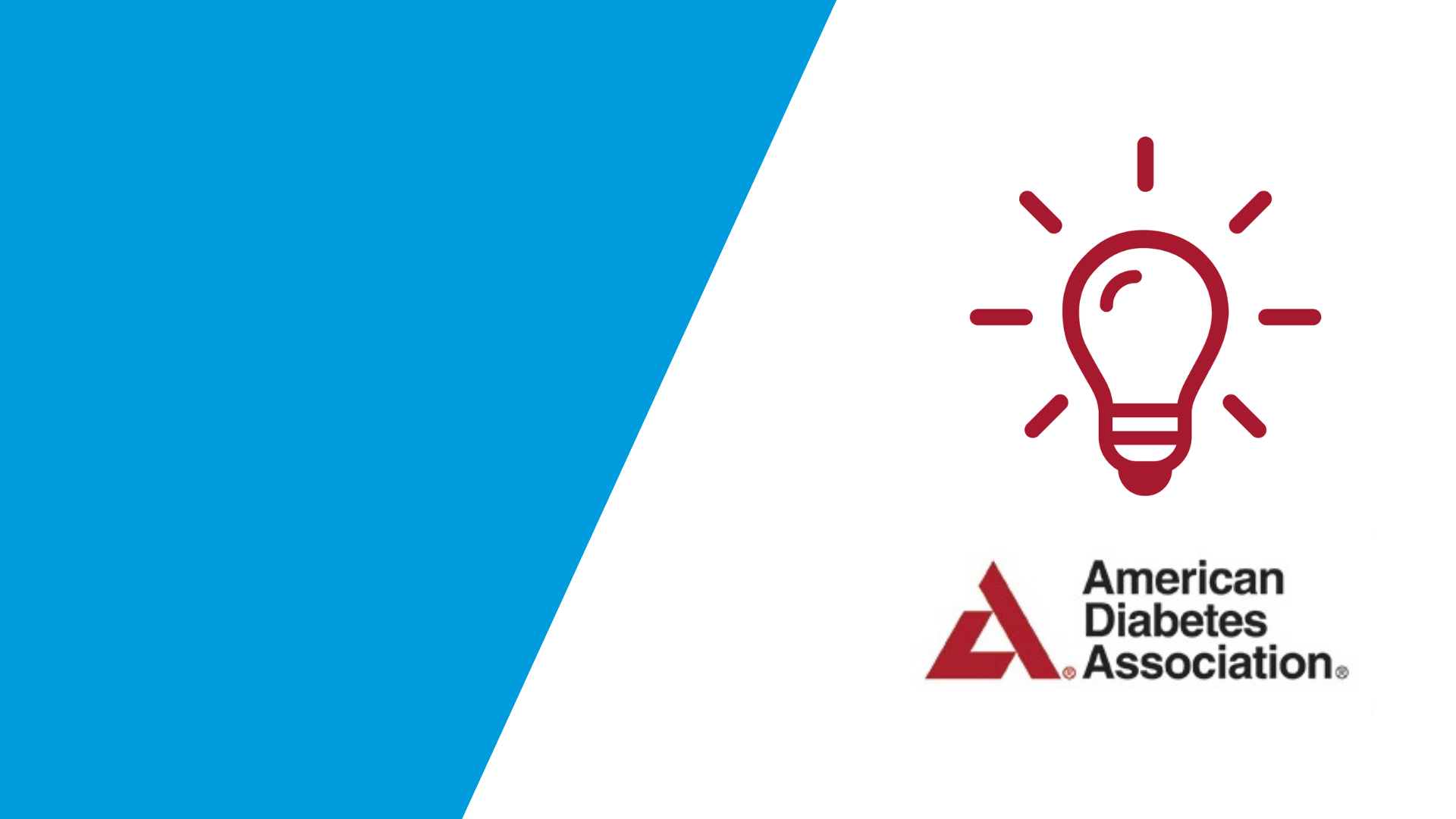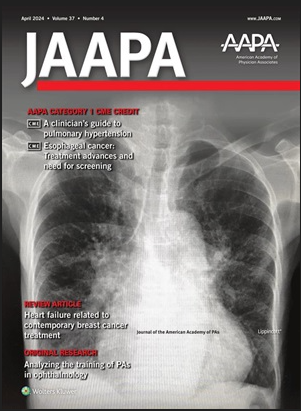
Clinical Dialogues are video-based moderated discussions featuring leading experts providing the latest patient management guidelines. eCase Challenges are interactive text or or video-based cases where PAs are presented with challenging case scenarios a
Member: $0.00
Non-Member: $0.00
1.75 AAPA Category 1 CME credit

JAAPA CME post-tests are available in AAPA's monthly clinical journal or online.
Member: $0.00
Non-Member: $25.00
13.00 AAPA Category 1 CME credit

Managing Major Depressive Disorder in Adolescents in Primary Care | Acute Liver Failure
Member: $0.00
Non-Member: $25.00
1.00 AAPA Category 1 CME credit

Diabetes Is Primary helps primary care professionals on the front lines of diabetes care master knowledge and strategies to improve patient outcomes. Diabetes is Primary is based on the ADA's Standards of Care in Diabetes, the gold standard in diabetes treatment. These guidelines, updated annually, ensure that patients receive up-to-date, evidence-based care. Participants who complete this course will be prepared to put the latest evidence-based guidelines for diabetes care into practice.
Member: $0.00
Non-Member: $0.00
7.00 AAPA Category 1 CME credit

This program is designed to help the diabetes care team on the front lines of primary care master the latest evidence-based recommendations for the implementation and management of cutting-edge diabetes technology.
Member: $0.00
Non-Member: $0.00
5.00 AAPA Category 1 CME credit

A Clinician’s Guide to Pulmonary Hypertension | Esophageal Cancer: Treatment Advances and Need for Screening
Member: $0.00
Non-Member: $25.00
1.00 AAPA Category 1 CME credit

Research 201 builds off the foundations in the 101 series by introducing emerging PA/PA student researchers to key skills designed to advance their research goals. Within these lessons, learners can find content on specific research methods and strategies for communicating the importance of their work.
Member: $0.00
Non-Member: $0.00
5.25 AAPA Category 1 CME credit

PA leaders must be intentional in embedding health equity within their organizations. They can demonstrate how it can positively impact the organization’s bottom line. PAs should use their access to the C-suite to make a business case for stakeholders to understand the importance of embedding equity throughout the organization. Relegating health equity and antiracism work to the human resources department is insufficient. A study released by Accenture on March 15, 2022, showed that 93% of healthcare executives believe health equity is important and 86% believe it is a core part of their business strategy. However, only 36% have dedicated budgets for health equity work. Our job as leaders within the profession is to push our organizations to increase equity by establishing a system of accountability with measurable outcomes of health equity. This activity explores the steps PA leaders should take to make this dream a reality.
Member: $0.00
Non-Member: $25.00
0.75 AAPA Category 1 CME credit

While healthcare is increasingly becoming a team sport, the reimbursement models and productivity attribution logic don't always recognize the collaborative approach of our provider care teams. Understanding how to unlock the hidden work of non-billable data within our systems can be a valuable tool to support care model, incentive, and ROI discussions when the reimbursement models might tell a different story.
Member: $0.00
Non-Member: $25.00
1.00 AAPA Category 1 CME credit

This activity covers men’s health across the life-span. It will address life expectancy, challenges for men's health in primary care, and ways to improve men’s health at the primary care level.
Member: $0.00
Non-Member: $25.00
0.75 AAPA Category 1 CME credit